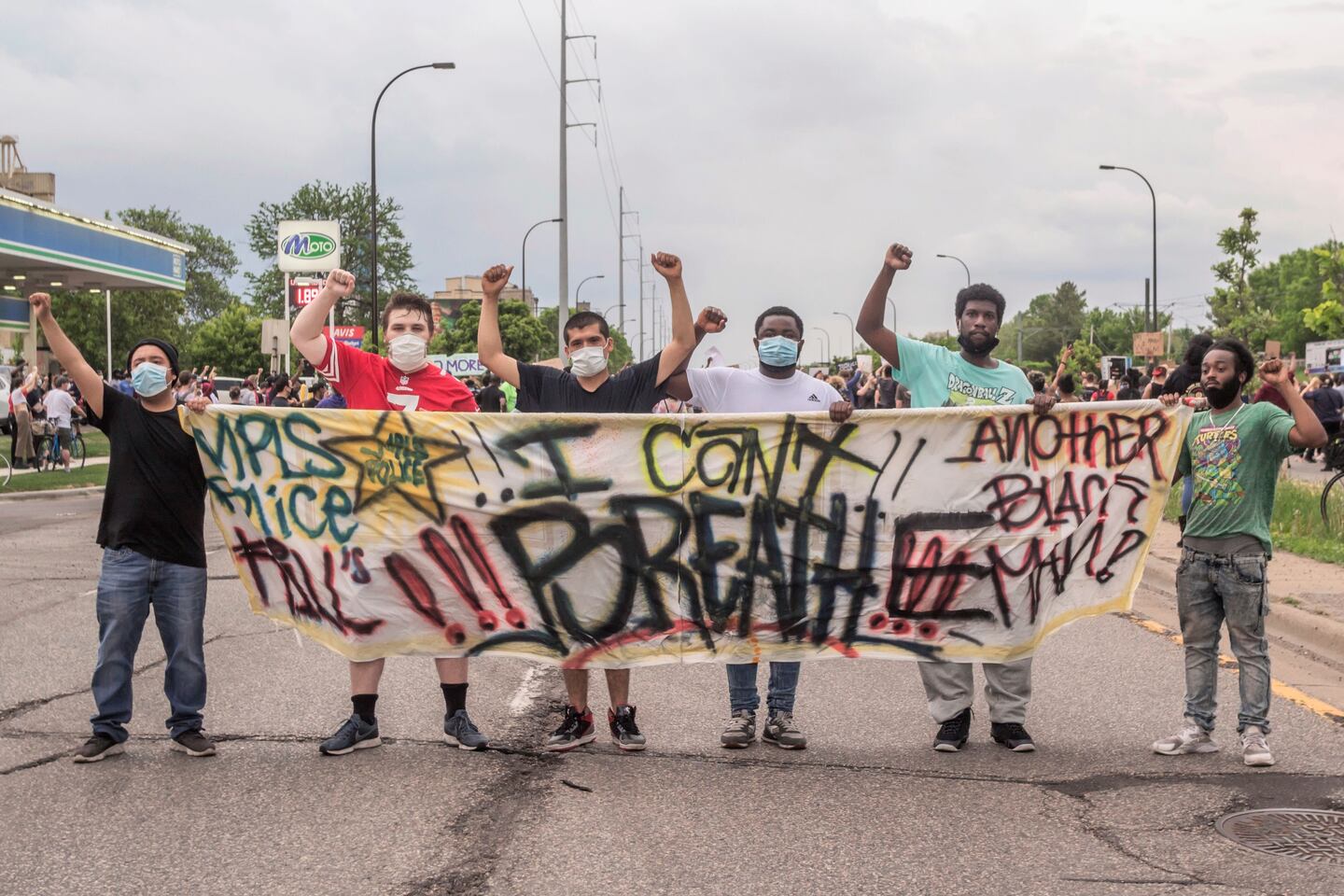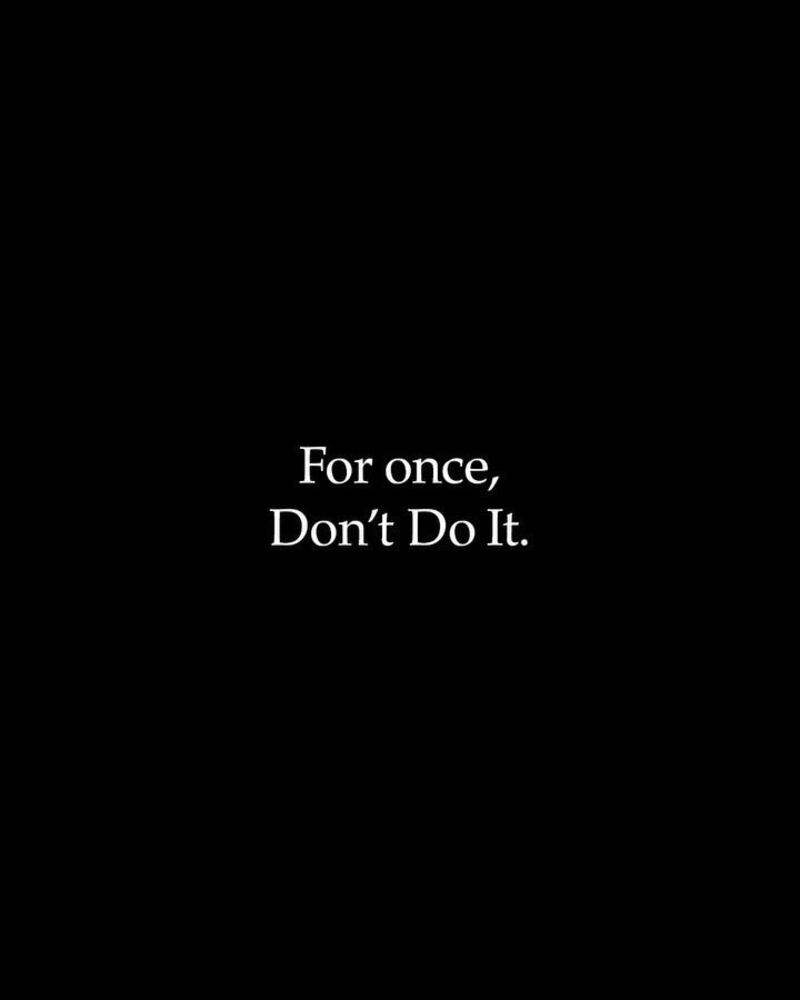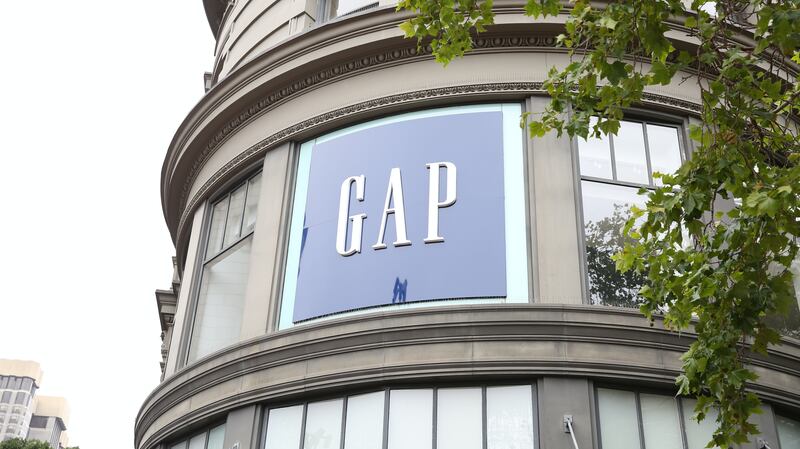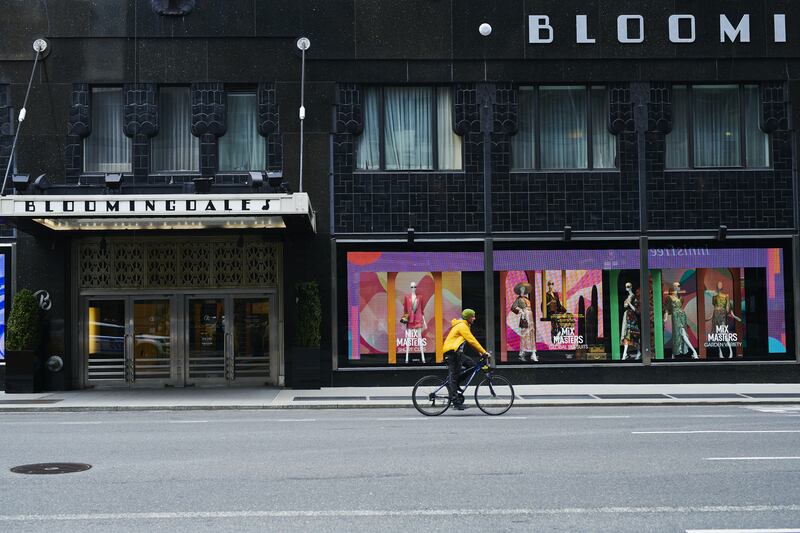
The Business of Fashion
Agenda-setting intelligence, analysis and advice for the global fashion community.

Agenda-setting intelligence, analysis and advice for the global fashion community.

THE CHEAT SHEET
Fashion Responds to the Protests

Nike released a "Don't Do It" ad in support of protests against police brutality | Source: Instagram/@nike
Cities around the US have been rocked by protests over the killing of George Floyd, a black man, in the hands of white police officers. And the arrest of one of the officers involved on Friday has done little to reduce tensions. Scenes of marchers blocking highways and clashing with police are likely a preview of what's to come in the summer and fall. The US is heading into the thick of a presidential campaign that was always going to be fraught, but is now happening against the backdrop of a pandemic that has seen one in four American workers file for unemployment benefits.
ADVERTISEMENT
The instinct across much of the fashion industry even a few years ago was to ignore controversial topics, including police brutality and racial injustice, entirely. But that's gotten harder as young consumers demand the brands they patronise also share their values. Nike, whose core customer is young and racially diverse, has benefitted hugely from its reputation as a progressive corporate leader (on the issue of race, at least) since the signing of former NFL player and activist Colin Kaepernick in 2018. Other brands have also encouraged customers to protest climate change, police violence and other causes.
The Bottom Line: Nike's "Don't Do It" ad opens the door for more companies to weigh in on the killing of George Floyd. Brands need to come up with a plan for how they will address the issue of police brutality, racial injustice and other controversial topics, as politics is certain to dominate the cultural conversation from here on out. Ignoring what's going on in the world can make a brand seem irrelevant, while clumsy or superficial efforts open them up to accusations they are trying to profit from injustice.
Closing The Gap

Gap store exterior | Source: Gap
The US Plunging Deeper Into Crisis

A closed Bloomingdales store in New York. | Source: Gabby Jones/Bloomberg via Getty Images
The Bottom Line: Fashion may be among the slowest sectors of the economy to recover, as consumer demand for non-essentials remains low and inventories built up during the crisis will put pressure on margins long after shoppers return to stores.
SUNDAY READING
ADVERTISEMENT
Professional Exclusives You May Have Missed:
The Week Ahead wants to hear from you! Send tips, suggestions, complaints and compliments to brian.baskin@businessoffashion.com.
Was this BoF Professional email forwarded to you? Join BoF Professional to get access to the exclusive insight and analysis that keeps you ahead of the competition. Subscribe to BoF Professional here.
The designer — whose bright, arty clothes earned him a place in the 2021 LVMH Prize Finals, and a guest designer post for Louis Vuitton — curated a set at the Netflix Is a Joke Festival this weekend, the latest example of his creative approach to building brand awareness.
Practitioners of this historically behind-the-scenes profession are building powerful followings, riding a wave of interest in how the fashion sausage is made. But even the highest-profile PRs caution that the client still has to comes first.
Join us for a BoF Professional Masterclass that explores the topic in our latest Case Study, “How to Create Cultural Moments on Any Budget.”
When done effectively, a cultural partnership can rightfully earn its own place in the zeitgeist. But it’s not so easy as just hiring a celebrity to star in an ad campaign; brands must choose a partner that makes sense, find the format that fits best and amplify that message to consumers.